Table of Contents
There’s a strange shame that creeps in after the end of a short romance. Maybe it was only a handful of dates, maybe a late-night situationship that never made it to daylight — but when it ends, the hurt feels heavier than it “should.” You tell yourself: It wasn’t even real. Why am I crying like this?
That self-scolding doesn’t make the ache disappear. It only makes you feel more foolish for having one. This is where the question of no contact after a short relationship arises: is it overkill, or is it the very thing your heart needs?
Problem A: If it was short, is no contact really necessary?
The truth is, our nervous systems don’t keep score with a calendar. A situationship that lasted three weeks can stir up just as much grief as a three-year relationship if the emotions ran deep or the potential felt real.
It’s not the length of the relationship that determines the pain, but the meaning you gave it.
That’s why no contact after a short relationship can be essential. It isn’t punishment; it’s rest. By pulling away, you reduce the cues that keep you obsessing, replaying, and hoping. The space helps you step back and see the story for what it was, instead of staying lost inside it.

No Contact Isn’t a Game – It’s a Healing Strategy
Let’s examine the No Contact strategy in: Science & Psychology, Planning it, Digital Hygiene, Relapses-Cravings & Crashes, Special Cases & Exceptions… and Signs that it’s working +What comes next.
Tap here to read more →Problem B: Why not just stay in casual contact?
Casual contact sounds harmless — a quick meme, a check-in, maybe a “no hard feelings” vibe. But science shows that the biggest predictor of post-breakup pain isn’t rejection itself, but rumination: the endless mental loop of “what happened, what if, what now.”
Staying in touch keeps that loop alive. Every reply, every silence, every ambiguous emoji adds more fuel.
- No contact breaks that cycle
- It removes the constant re-triggering
- It gives you room to process and metabolize the loss without the mixed signals
It’s like putting a splint on a sprain — you don’t keep walking on it “just to see if it’s better.” You rest so it can heal.

Problem C: Are there times when no contact might be overkill?
Yes. If the relationship was light, mutual, and both of you walked away with clarity, then strict no contact may not be necessary. Some people genuinely can stay casual friends because the bond wasn’t loaded with unspoken hope.
But here’s the key test: if any interaction leaves you spinning, doubting, or secretly wishing for a different outcome, then no contact isn’t dramatic — it’s protective.
The measure isn’t how long it lasted but how much it still costs you to be in contact.

Short relationships and situationships are real. They shape us, move us, and sometimes leave a heavier mark than anyone else can see. Choosing no contact after a short relationship isn’t about dramatizing something brief; it’s about respecting your own nervous system enough to give it quiet.
And in that quiet, you’ll find the space to let go.
FAQ
Q1. Is no contact after a short relationship really necessary?
Yes, it can be. Emotional impact isn’t determined by the length of the relationship but by the meaning and expectations attached to it. No contact after a short relationship gives space to reduce rumination, stop re-triggering, and allow clarity to develop.
Q2. How does no contact help after a situationship?
Situationships often end without full closure, which can leave you stuck in ‘what if’ thoughts. No contact provides a clean boundary that reduces mixed signals and helps you regain emotional balance more quickly.
Q3. When is no contact overkill in short relationships?
If the connection was casual, mutual, and both people walked away with clear closure, strict no contact may not be necessary. But if any interaction sparks confusion, longing, or emotional pain, then no contact is the healthier choice.
Q4. Can you still heal if you don’t go no contact?
Healing is possible without strict no contact, especially if there’s no emotional residue or hope for reconciliation. However, studies show that no contact often speeds up recovery by lowering rumination and reducing emotional distress.
Scientific Sources
-
J. Kansky & Joseph P. Allen (2018): Making Sense and Moving On: The Potential for Individual and Interpersonal Growth Following Emerging Adult Breakups
Key Finding: Breakup characteristics mattered: those who better understood why a breakup happened had lower internalizing symptoms, less romantic conflict, and higher future relationship satisfaction and competence.
Why Relevant: Shows that even brief relationships can leave lasting effects, and gaining clarity—something no contact can allow—reduces distress.
https://pubmed.ncbi.nlm.nih.gov/30034952/ -
S. Mancone et al. (2025): Emotional and cognitive responses to romantic breakups in young adults
Key Finding: Among 560 young people, higher rumination predicted greater distress and poorer functioning. Adaptive coping predicted healthier adjustment.
Why Relevant: No contact reduces triggers for rumination, which is especially important in short or ambiguous relationships.
https://pmc.ncbi.nlm.nih.gov/articles/PMC11985774/ -
Prakash Navaneetham & Barani Kanth (2022): Effects of Personal Relationships on Physical and Mental Health among Young Adults: A Scoping Review
Key Finding: Breakups—even from short or less committed relationships—can negatively impact mental health, with quality of relationship more important than duration.
Why Relevant: Validates that short relationships and situationships still affect well-being, making no contact a protective strategy.
https://openpsychologyjournal.com/VOLUME/15/ELOCATOR/e187435012208180/FULLTEXT/
- The Healthy Truth: When Limited Contact After Breakup Heals Better Than No Contact

- No Contact After Short Relationships: Essential Healing or Overkill?
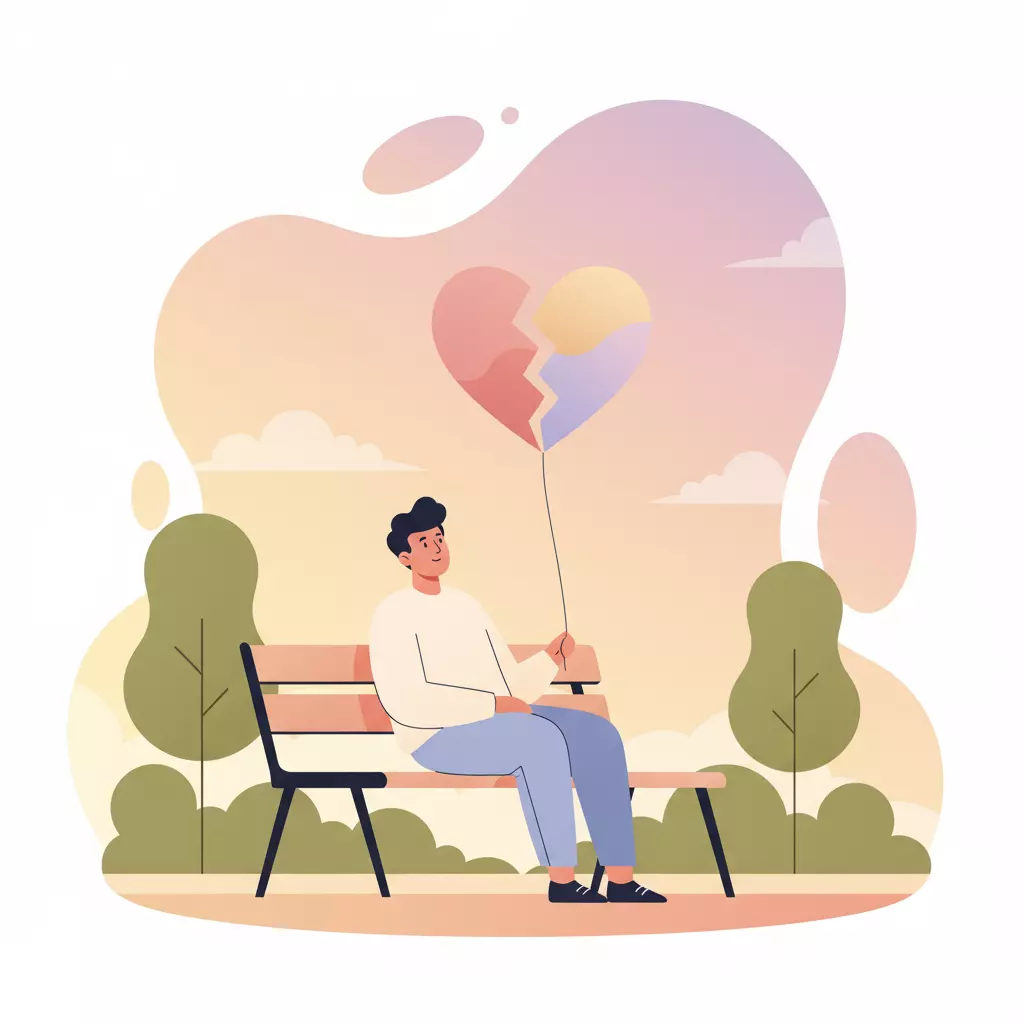
- Working With an Ex After a Breakup: Smart Boundaries & Positive HR Strategies

- Queer Breakup Boundaries: Choosing Limited Contact or No Contact in Overlapping Communities
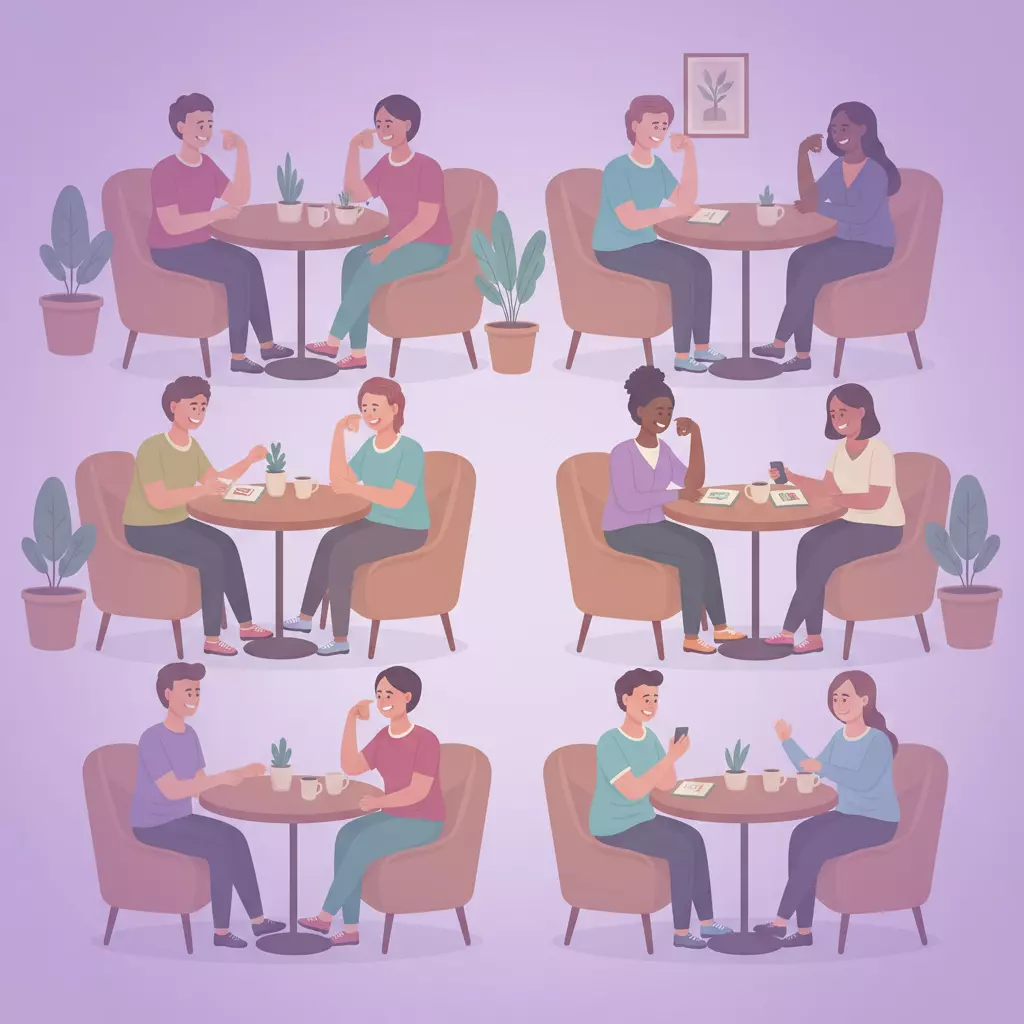
- Transgender Safety Planning: Essential Steps to Stop Harassment and Doxxing
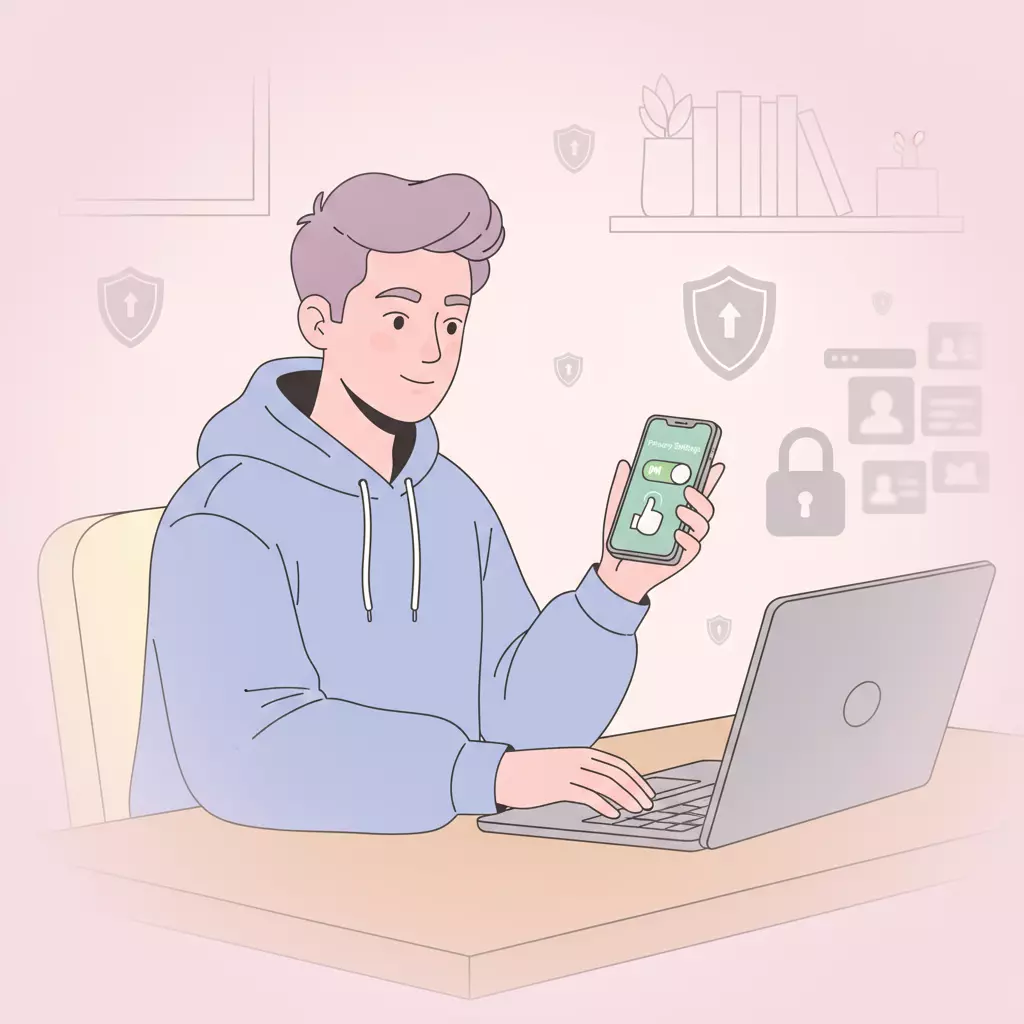
- Lesbian Breakup Shared Housing: Healing Rules & Smart Exit Plans
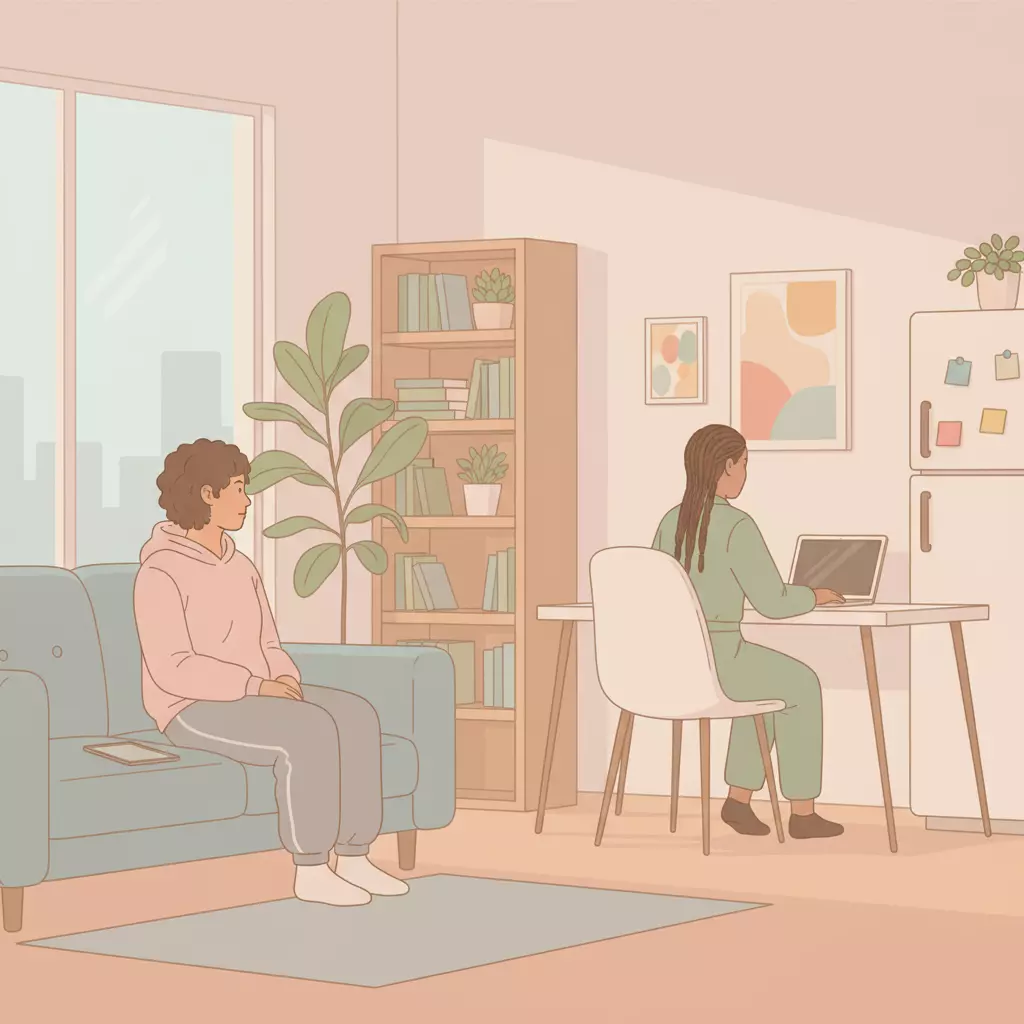
- Gay Breakups: Breaking Free from Painful Comparison Loops in Your Scene
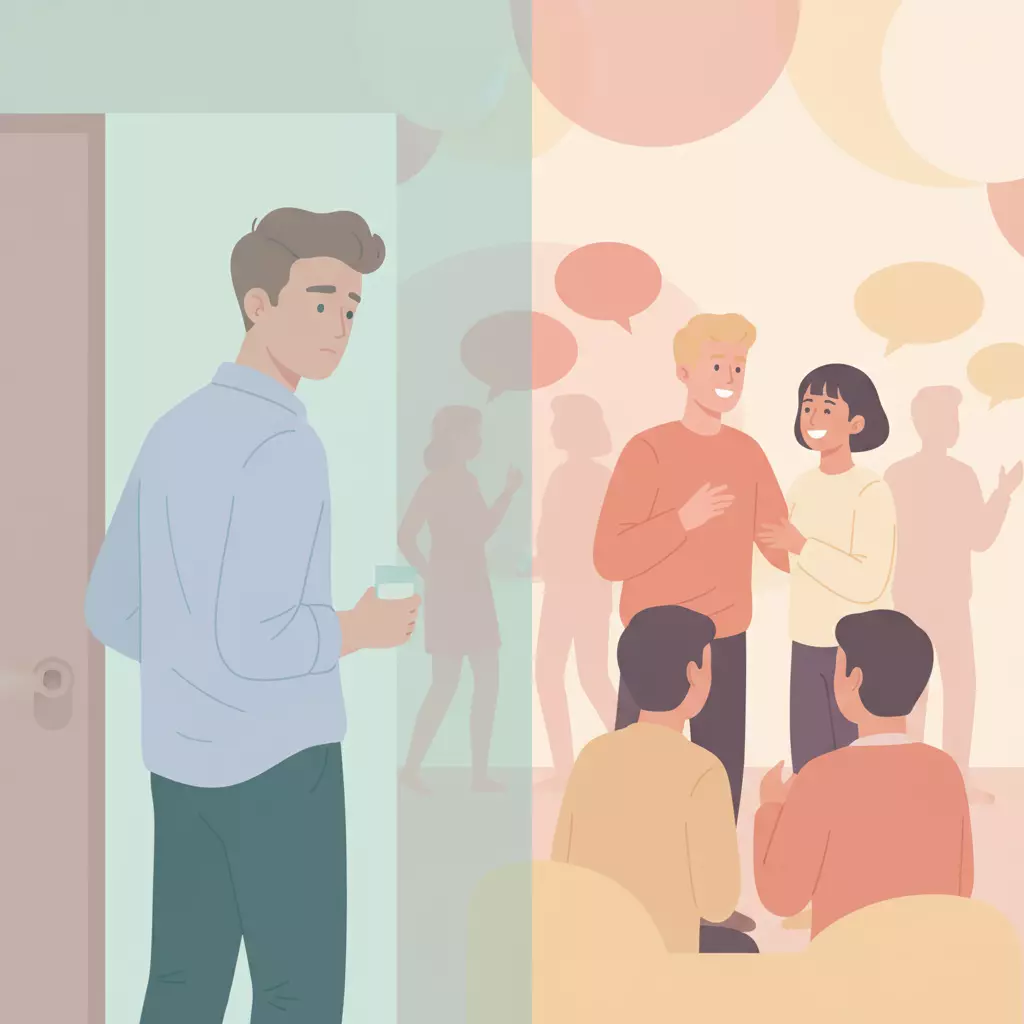
- Women’s Guide to Co-Parenting No Contact Rules: Healing Boundaries & Handover Scripts
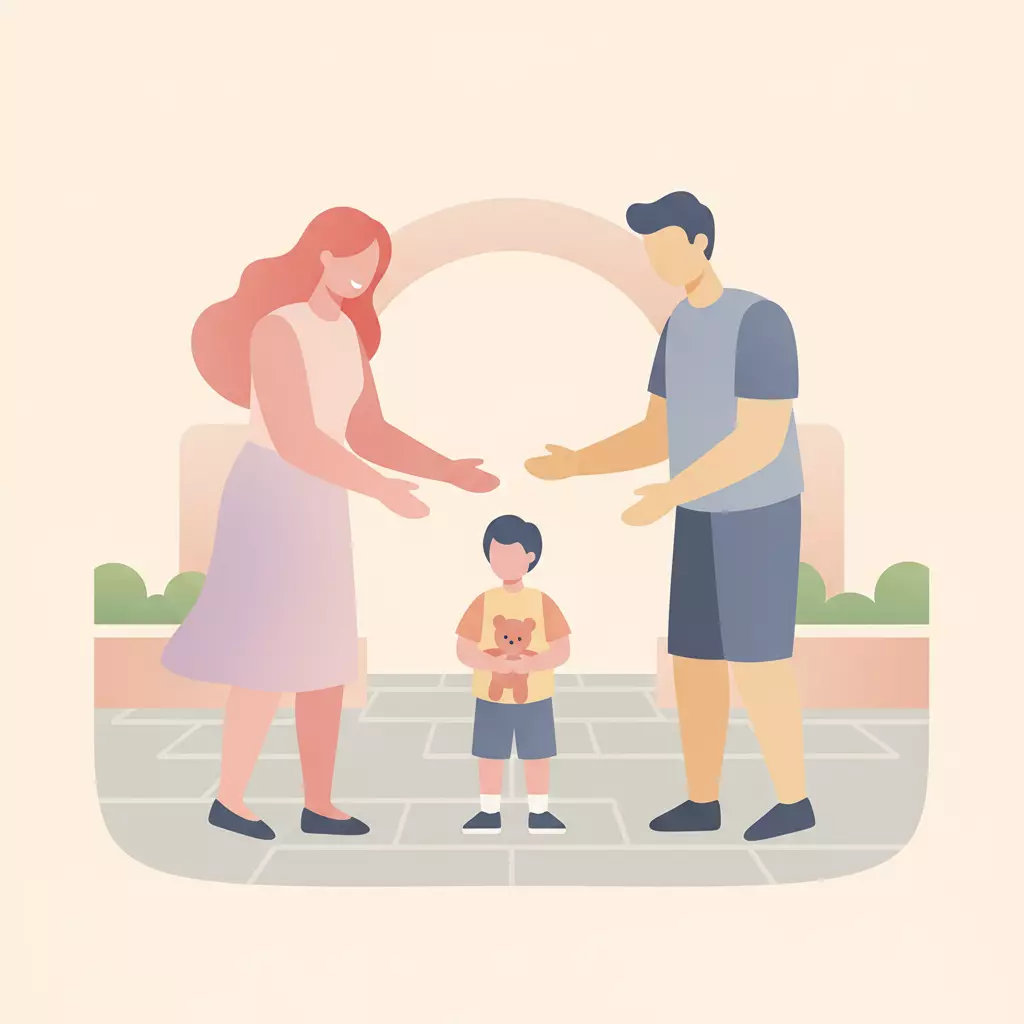
- Men & Breakups: The Powerful Truth About No Contact in Small Towns and Shared Friend Groups
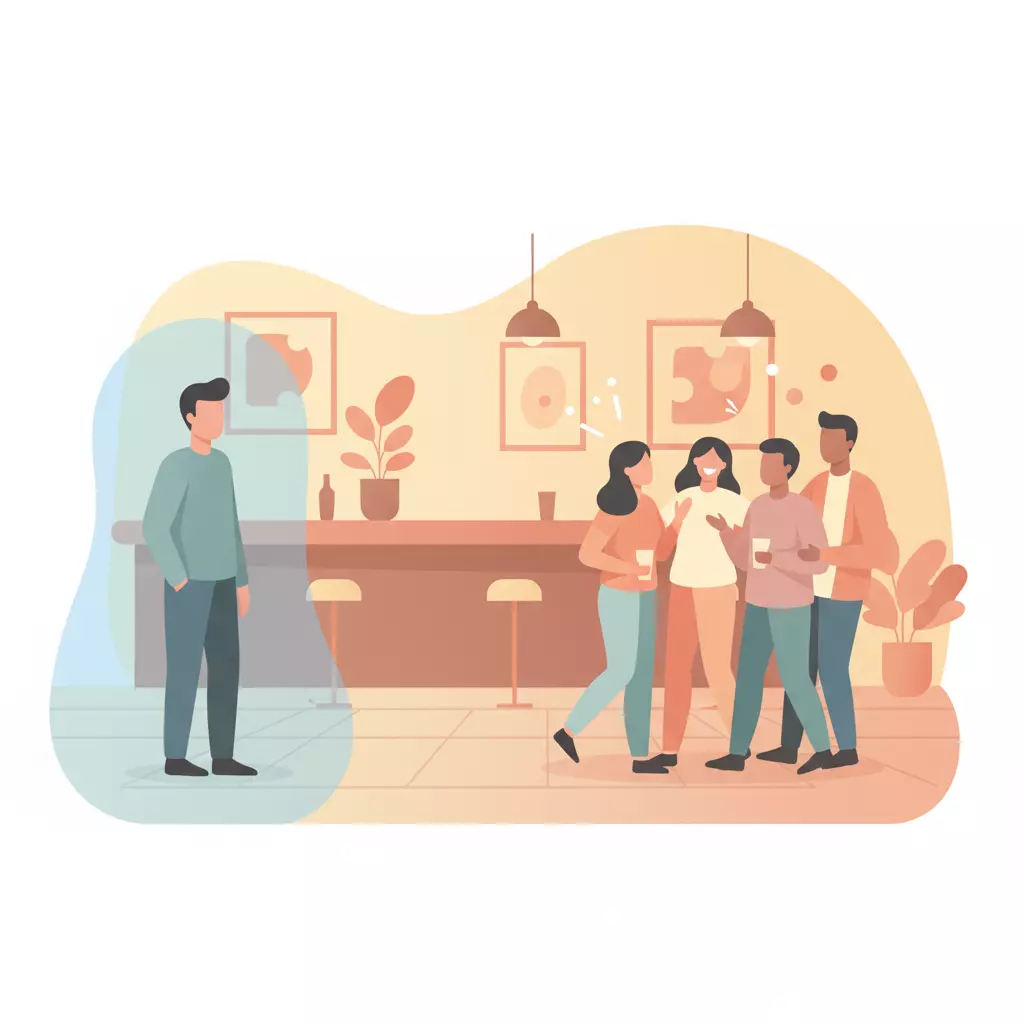
Leave a Reply